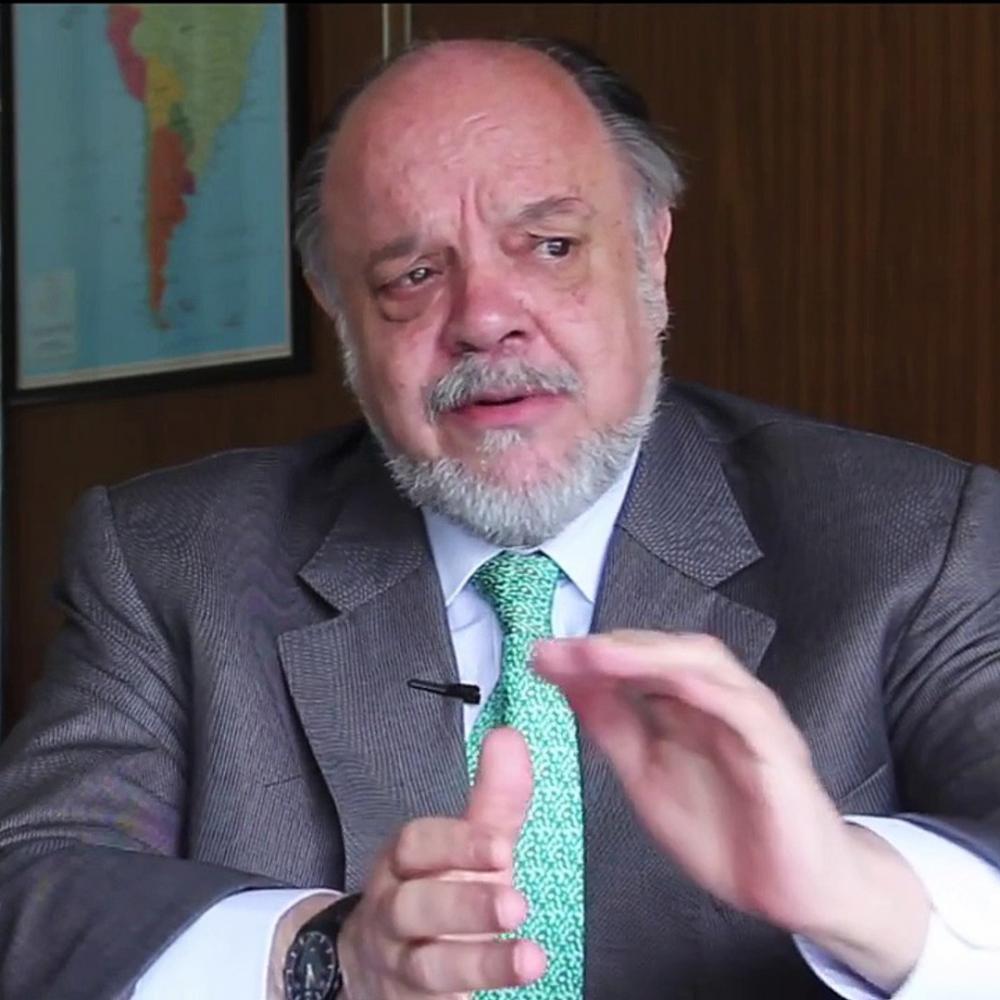Casio Luiselli, university researcher and member of IICA’s Advisory Council for Food Security in the Americas, insists that the current health crisis poses new challenges for rural areas and their systems of political and economic organization – challenges that necessitate the renewal of agrifood systems.

Mexico City, 11 May 2021 (IICA). The coronavirus pandemic has impacted the United Nations’ 17 Sustainable Development Goals, necessitating the revamping of food systems to adapt them to the new economic and social reality, in addition to the introduction of the necessary public policies. This was the view expressed by Casio Luiselli, a researcher at the National Autonomous University of Mexico (UNAM) and a renowned former professor, presidential advisor, and Mexican diplomat.
During the 2021 Permanent Virtual Seminar of Mexico’s Network of Localized Agrifood Systems (Red SIAL-Mexico), in a lecture entitled “Towards the long-term transformation of food systems”, Luiselli argued that these systems need to be more resilient and sustainable and promote healthier, more nutritious diets.
Luiselli, a researcher for UNAM’s Development Studies Program and a member of the Advisory Council for Food Security in the Americas of the Inter-American Institute for Cooperation on Agriculture (IICA), underscored the significant impact that small cities neighboring on rural areas, climate change, and the emergence of zoonotic diseases (like COVID-19) can have on these areas and food systems.
“The lines between the urban and rural spheres are increasingly blurred—they are intertwined—which necessitates new public policies that are carefully considered and adapted to the ongoing changes”, he argued.
The researcher explained that rural areas also face other challenges, such as the continuing erosion of biodiversity, depletion of soils, and water stress caused by a growing population and urbanization, along with the consequent food and water demands.
For this reason, he said, agriculture is the heart of food systems and must be backed by public policies that improve productivity and address universal topics, so as to spark its potential.
The COVID-19 crisis has brought to light the urgency of introducing institutional reforms of food system governance, while providing support for public and private producers that includes the provision of public goods, such as health (plant and animal) and rural infrastructure.
Systemic extension programs, to support the entire food system chain, are essential, according to Luiselli. Moreover, he proposed the application of direct subsidies for individuals vulnerable to food insecurity, both financial and fiscal, through food donations.
In his opening address, Diego Montenegro, IICA Representative in Mexico, stressed that the difficult situation we are facing as a result of COVID-19 necessitates the renewal of food systems; the promotion of smarter, more inclusive localized agrifood systems (SIAL); and the establishment of new development dynamics in rural areas.
“The stage is set to define a new world – one that is more equitable and united in facing the pandemic and preparing for the post-pandemic future”, he added.
Red SIAL-Mexico and IICA are working hand-in-hand on programs to encourage territorial development and build sustainable food systems.
More information:
IICA Institutional Communication Division.
comunicacion.institucional@iica.int











